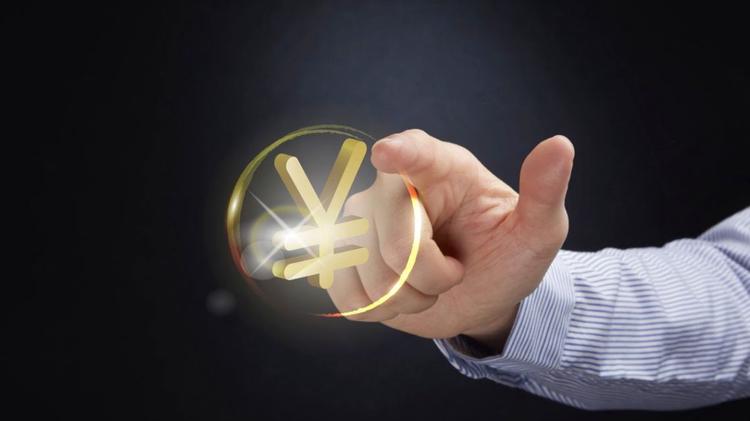
The country is pushing forward with massive investments into meeting the needs of its H2 economy.
Japan has announced that over the next 15 years, it pans to invest about $107 billion (15 trillion yen) on making sure the country’s hydrogen fuel supply is where it needs to be.
The government has been pushing hard to move the country to meet its low carbon economy targets.
Worldwide, countries are scrambling to develop hydrogen fuel as a major component of their decarbonization strategies. H2 offers considerable opportunities in particular in areas that are difficult to decarbonize, such as in chemical manufacturing and steel production.
Japan was the first country to publish a strategy based on an H2 economy, which it did in 2017 in the form of its Basic Hydrogen Strategy. Last week, it updated its own target to raise its H2 supply to 12 million tons per year by 2040. The original plan had set a target of 3 million tons per year by 2030 from its current point which is 2 million tons per year.
By 2050, Japan’s goal is to reach 20 million tons annually. At that point, it expects that the global H2 market will be generating an annual revenue of about $2.5 trillion.
The new investment into hydrogen fuel will be split between government and private sector projects.
Of the total 15 trillion yen it will spend on H2 supply, between 6- and 8-trillion yen are already earmarked for government plans.
The remainder is meant for projects in the private sector, according to the country’s energy minister.
Electrolyzer production
The government’s strategy is also aimed at supporting Japanese companies seeking to place a vital role in the production and distribution of electrolyzers. This equipment is a critical component to producing hydrogen fuel from water and is needed for making green H2 when powered by renewable energy.
A domestic and international target has also been established for Japanese-affiliated businesses to produce 15 gigawatts of electrolyzer capacity by 2030. The current figure is 1 gigawatt. The country is among those with the hardest push in the world toward the establishment of a hydrogen economy.